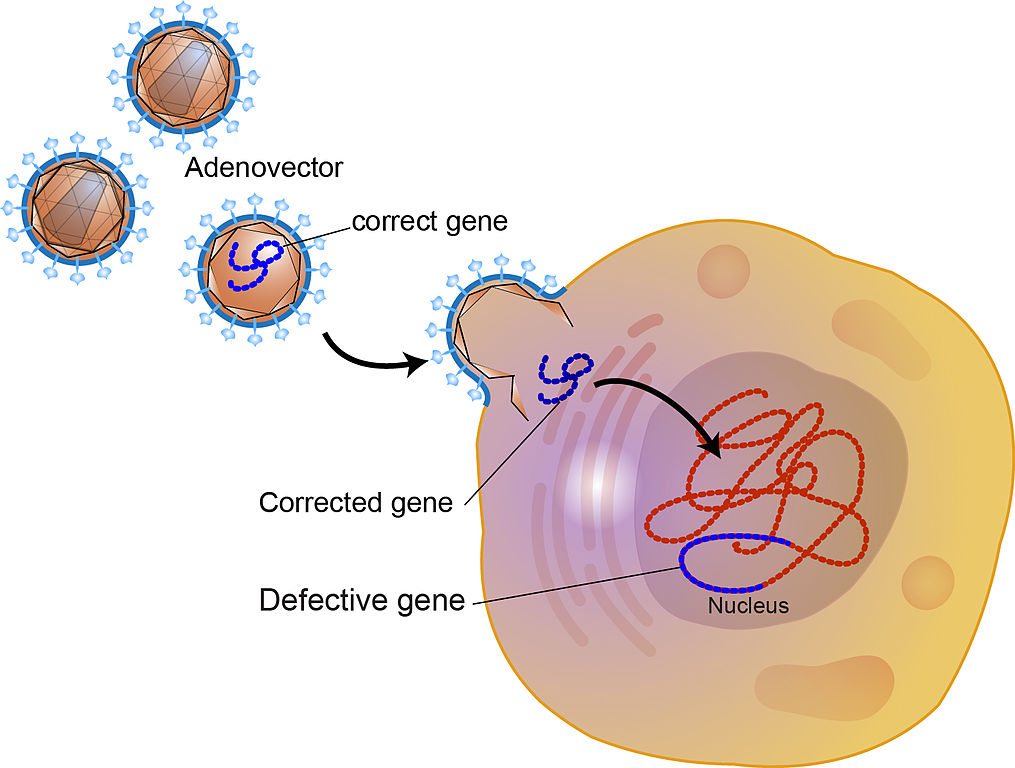Results for: mercola
Cunnilingus, Michael Douglas’s Cancer, and the HPV Vaccine
Conservative Christians are calling for banning oral and anal sex between consenting adults, claiming that the practices allow for the spread of disease. Radio host Brian Fischer says that a rise in head, neck and throat cancers “among millennials” is a direct result of the influence of “Bill Clinton and Monica Lewinsky.” He compares oral sex and homosexual sex to drug trafficking,...
Doing Eric Merola a favor…
Believe it or not, I’m going to do Eric Merola (who doesn’t particularly like me, to the point of thinking, apparently, that I’m a white supremacist who doesn’t like evidence but does like to eat puppies) a favor. Having been away at TAM and otherwise occupied hanging out with fellow skeptics and, more stressfully, getting ready to give a talk in front...
Vaccine Awareness Week, November 1-7
The first week of November is, unofficially, Vaccine Awareness Week – at least according to anti-vaccine activists Barbara Loe Fisher and Joe Mercola. We at science-based medicine thought it would be a good idea to have our own science-based vaccine awareness week. Many of our fellow science bloggers are on board as well. We will use this site at aggregate as many...
Vaccines & Autism
Overview Index of SBM Posts Outside Resources Key Research The ScienceBasedMedicine.org Reference Pages are reviews of topics relevant to science and medicine. Each consists of a concise overview of the topic from a scientific perspective, an index of the most relevant posts here on SBM, links to some external resources we recommend, and our summaries of the most interesting and important...

Coconut Oil
Is coconut oil a miracle food, or a health hazard? Likely neither.
GAPS Diet
A correspondent asked me to look into the GAPS diet. I did. I was sorry: it was a painful experience. What a mishmash of half-truths, pseudoscience, imagination, and untested claims! GAPS stands for Gut and Psychology Syndrome. It is the invention of Dr. Natasha Campbell-McBride. According to her, a wide variety of health problems can be traced to a single cause: an imbalance...

“Alternative” cancer cures in 1979: How little things have changed
When it comes to quackery, the decades and names change, but the song remains the same, as it has since the era of disco and earlier.

Burzynski: Cancer Is A Serious Business, Part 2: Like the first Burzynski movie, only more so?
Film producer Eric Merola seems to think that there is a conspiracy of skeptics (whom he calls The Skeptics) who are fanatically hell-bent on harassing his hero, Brave Maverick Doctor Stanislaw Burzynski. According to his latest film Burzynski: Cancer Is A Serious Business, Part 2 (henceforth referred to as Burzynski II, to distinguish it from part 1, to which I will refer...
Dr. Stanislaw Burzynski’s cancer “success” stories
The year 2012 was rung out and the year 2013 will be rung in by news that Eric Merola, propagandist for “brave maverick doctor” Stanislaw Burzynski who claims to have developed a cancer treatment far superior to current conventional science- and evidence-based cancer treatments, is releasing releasing a sequel to his wildly successful documentary (in the “alternative cancer” underground, that is) Burzynski...

An open letter to Penn & Teller about their appearance on The Dr. Oz Show
Dear Penn & Teller, I really don’t want to say this, but I feel obligated to. I’m afraid you screwed up. Big time. (Of course, if this weren’t a generally family-friendly blog, where we rarely go beyond PG-13 language, I’d use a term more like one that Penn would use to describe a massive fail, which, as you might guess, also...

